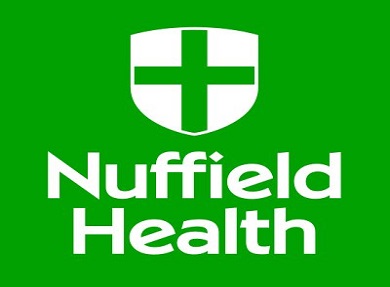|
Gastroscopy A gastroscopy is a procedure where a thin, flexible tube called an endoscope is used to look inside the oesophagus (gullet), stomach and first part of the small intestine (duodenum). It's also sometimes referred to as an upper gastrointestinal endoscopy. The endoscope has a light and a camera at one end. The camera sends images of the inside of your oesophagus, stomach and duodenum to a monitor. Why a gastroscopy may be used A gastroscopy can be used to:
A gastroscopy used to check symptoms or confirm a diagnosis is known as a diagnostic gastroscopy. A gastroscopy used to treat a condition is known as a therapeutic gastroscopy. Read more about why gastroscopy is used. The gastroscopy procedure A gastroscopy often takes less than 15 minutes, although it may take longer if it's being used to treat a condition. It's usually carried out as an outpatient procedure, which means you will not have to spend the night in hospital. Before the procedure, your throat will be numbed with a local anaesthetic spray. You can also choose to have a sedative, if you prefer. This means you will still be awake, but will be drowsy and have reduced awareness about what's happening. The doctor carrying out the procedure will place the endoscope in the back of your mouth and ask you to swallow the first part of the tube. It will then be guided down your oesophagus and into your stomach. The procedure is not usually painful, but it may be unpleasant or uncomfortable at times. Read more about how a gastroscopy is performed. What are the risks? A gastroscopy is a very safe procedure, but like all medical procedures it does carry a risk of complications. Possible complications that can occur include:
Read more about the risks with a gastroscopy.  BestCareCompare | ||||||
| Find Private Hospital Care near Ormsary-Argyll-and-Bute.. Find local Private Hospital Care and filter for personalised care. Check Prices, CQC ratings and review scores to help make the best choice for you... |
| Find Private Hospital Care... |
|
|
Gastroscopy near Ormsary Argyll and Bute (See Full List) | ||||||||||||||||||||||||||
| ||||||||||||||||||||||||||

